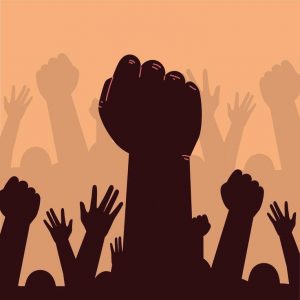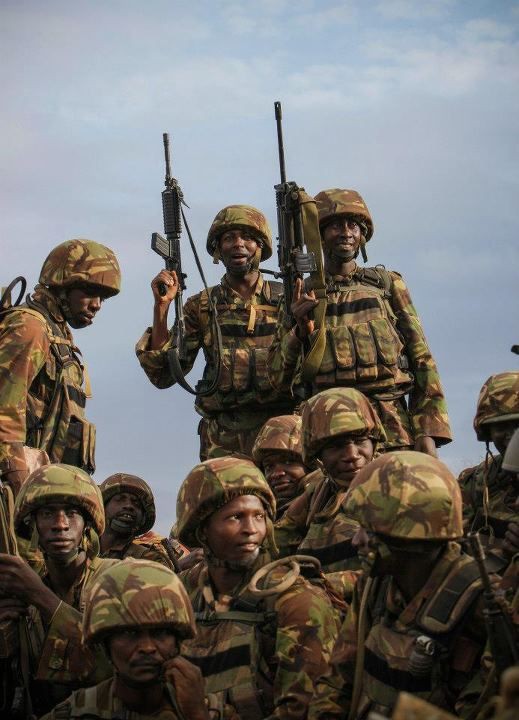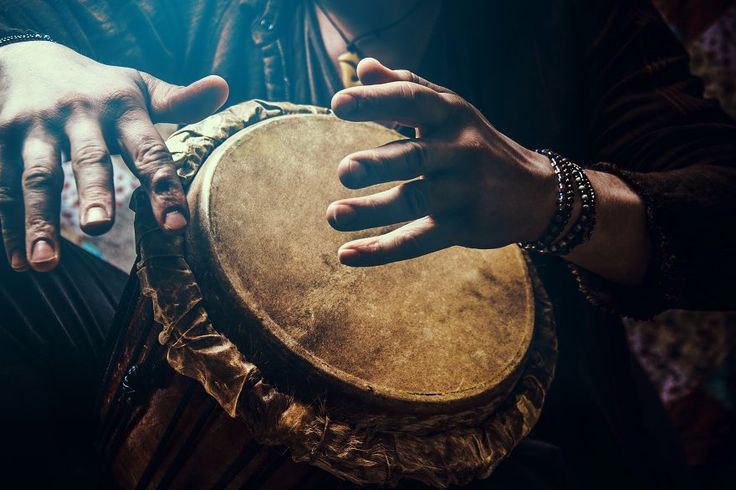Elections are essential roots needed to stabilize democracy. For elections to be conducted as stipulated in individual country’s constitution, then electoral commissions are needed bearing their importance as a body constituted under the constitution of a country to among other things, organize elections to elect qualified candidates into government.
The interwoven relationship and importance of the electoral commissions to the sustenance of democracy cannot be over emphasised hence placing them as critical to the peace and unity of African countries given the history of leadership and authorities on the continent. This write-up will therefore seek to draw attention to the importance of electoral commissions and their contributions towards the development of democracy on the African continent.
In every democratic setting, the electorates are constitutionally empowered to elect their representatives at all levels of government to change their socioeconomic development.
Elections are therefore used as a means to choose such representatives to positions of authority to champion the cause of meeting the needs of the people as well as promote peace and unity.
As stated earlier, elections are indeed a crucial aspect in the course of African development and delivering elections successfully without triggers of violence and insecurity are valuable for deepening African democracy and remains the core mandate of electoral commissions which each country sets up for its electoral procedures.
In order to deliver on such mandate and retain their relevancies, they have been given the role of serving independently without interference from any corner, however, the reality of this is not felt as over the years, the independence of the electoral commissions have been compromised thereby neglecting credible elections meeting the free and fair threshold for which they were created.
While this is contestable, it has been a subject of debate over the years and based on that, and according to non-partisan research group, Afrobarometer, only half of Africans trust their electoral commissions to deliver credible elections.
That is not to say electoral commissions in Africa have been all bad, far from it, because despite the various challenges confronting them, each African country strives to improve on activities of their electoral commissions by conducting credible elections and putting their acts together to help their respective countries advance democratic rule.
For instance, the electoral commission in Ghana though not at its best yet, has earned a reputation as something of a democratic role-model in Africa, due to the manners it has conducted its several elections over the years and ensured smooth transition of power from one government to the other.
Ghana is not alone in this as the electoral commissions in Niger, Malawi and Seychelles have also proven this at one point or the other through the peaceful change of leadership as conducted by their commissions which have provided hope for democracy on the continent.
Additionally, in trying to get things right, Kenyan President, William Ruto in January this year signed into law the Kenyan Independent Electoral and Boundaries Commission (Amendment) Bill which changes the composition of the panel that selects people to serve on the country’s Independent Electoral and Boundaries Commission.
President William Ruto during the signing of Independent Electoral and Boundaries Commission (Amendment) Bill into law at State House, Nairobi, on Monday, January 23, 2023. Photo credit: State House
The new law seeks to streamline the process of appointing members to the electoral commission, making the selection process more participatory and reflective of the country’s diversity.
All these are in efforts to make sure the electoral commission remain independent and delivers on its mandate of conducting free, fair and credible elections that will ensure democracy is sustained in the country.
Knowing then that the electoral commissions plays indispensable roles in ensuring democracy thrives in Africa, the various challenges confronting the commissions should be addressed. They should be strengthened by ensuring they have professional, well-staffed and independent electoral commissions to establish election procedures, monitor the process and ensure a fair hearing of complaints pre-and-post-election.
Their independence should also manifest in their activities so that he who pays the piper does not necessarily have to dictate the tune as currently being experienced in most African countries at the moment. Having their independence will make them function creditably and optimally without fear of being victimised.
Aside from independence, the commissions also need to have the capacity in terms of resources and authority to best facilitate the elections especially in rural areas as well as adequate resources to do their own bidding and to hold accountable the various contestants and their supporters.
By so doing, the continent will be building institutional capacity that will outlive their founders and stay true to the course for which they were created which is to effectively conduct and manage elections to guarantee enough citizen participation and deepen democracy.



